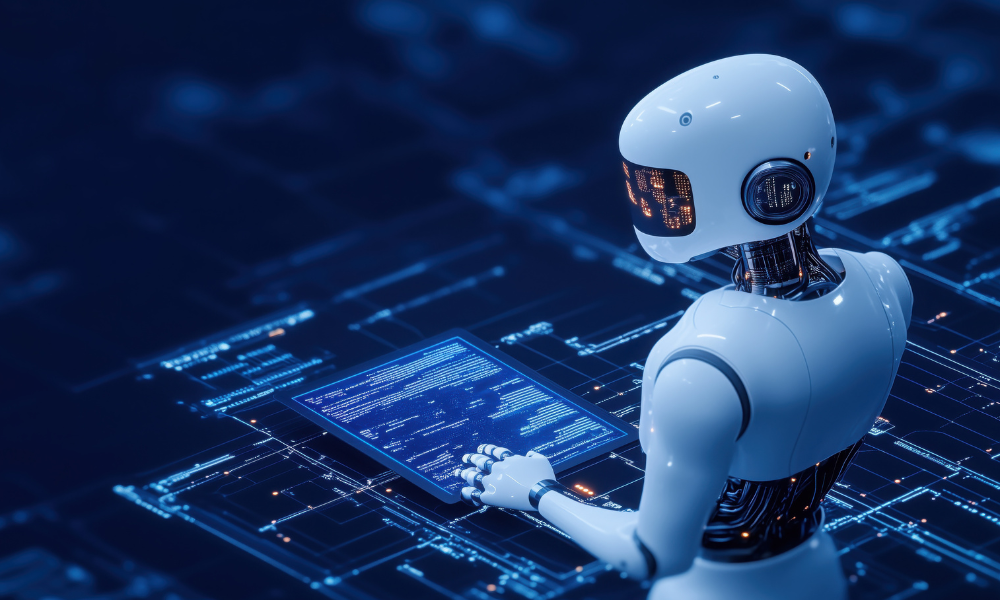
New report shows CHROs expect agentic AI adoption to jump by 327% in the next two years

The majority of chief human resources officers (CHROs) across the world are anticipating the redeployment of nearly a quarter of employees due to the adoption of agentic AI, according to a new report.
Salesforce's poll among 200 global CHROs revealed that 89% believe AI agents or digital labour will empower them to reassign employees to new, more relevant roles.
According to these leaders, 23% of the workforce will be redeployed to new roles or teams because of the emerging technology.
Agentic AI has been dubbed as the "next frontier" of artificial intelligence.
Erik Pounds, director of product marketing at Nvidia, said in a blog post the technology uses "sophisticated reasoning and iterative planning to autonomously solve complex, multi-step problems."
CHROs believe that agentic AI adoption is expected to jump by 327% over the next two years. In fact, 80% of them expect that most workforces will have humans and AI agents or digital labour working together within five years.
Another 86% of CHROs also said integrating digital labour alongside their existing workforce will be a critical part of their job.
"The survey indicates that the current generation of leaders will be the last to manage human-only workforces," said Greg Shewmaker, CEO of r.Potential, in a statement.
"Business leaders are under pressure to navigate their organisations through growing uncertainty and complexity. We are at a pivotal moment for the future of work, which depends on embracing AI adoption with a solid framework for human-AI agent collaboration."
There have been emerging concerns that the development of agentic AI will lead to the replacement of human workers.
But Marina Danilevsky, Senior Research Scientist, Language Technologies at IBM, previously noted that agents will likely settle into an "augmented sort of role."
"You're still going to have cases where as soon as something gets more complex, you're going to need a human," Danilevsky said in an IBM insight. "You're supposed to constantly have a human, and the human is being helped, but the human makes the final decisions."
For CHROs, 77% believe that AI agents or digital labour will transform their organisational structure. They anticipate IT, research and development, as well as sales teams, to grow as their business begins to adopt AI agents.
They also plan to reassign staff to technical roles, such as data scientists or technical architects in the near term.
"CHROs anticipate teams such as customer service, operations, and finance will decrease in size and see some redeployment with the augmentation and efficiencies of agents," the Salesforce report read.
According to the report, 81% of HR chiefs aim to reskill their employees for better job opportunities in the digital labour era.
In fact, 20% of them are already reskilling employees to set them up for better future opportunities.
"CHROs believe AI literacy is the number one skill workers need as businesses move into the agentic economy," the Salesforce report read.
Three in four HR leaders also said that AI agents will increase the need for soft skills, such as collaboration and adaptability, at their organisations. In fact, they also plan to reassign employees to relationship-building roles, such as partnerships and account management.
"We're in the midst of a once-in-a-lifetime transformation of work with digital labour that is unlocking new levels of productivity, autonomy, and agency at a speed never before thought possible," said Nathalie Scardino, President and Chief People Officer at Salesforce, in a statement.
"Every industry must redesign jobs, reskill, and redeploy talent — and every employee will need to learn new human, agent, and business skills to thrive in the digital labour revolution."